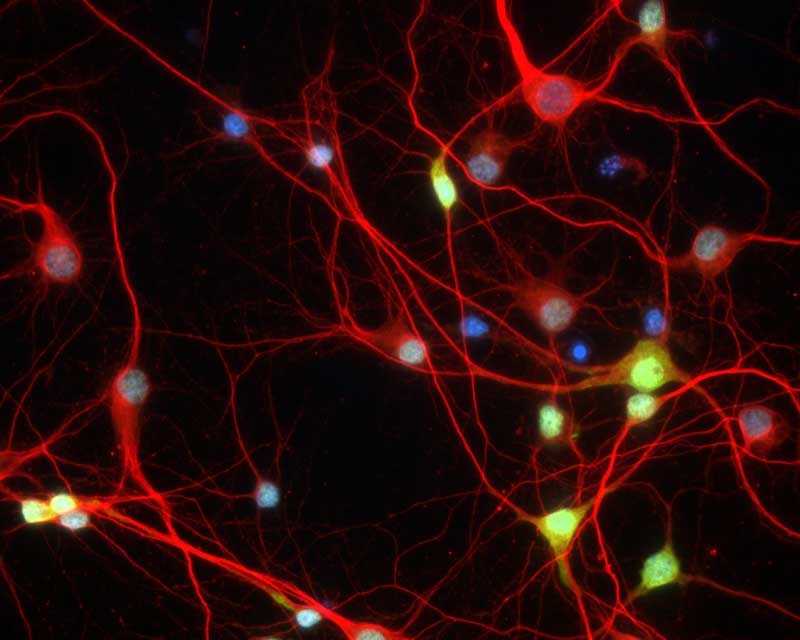Tobacco and Nicotine Research
Smoking is the leading cause of preventable death and disability in the United States, responsible for 1 in 5 deaths and a decrease in life expectancy by 10 years. Quitting smoking by age 40 reduces premature death by 90%. We are investigating novel treatments for smoking cessation, particularly among smokers who have difficulty accessing traditional smoking cessation services.
Opioid Research
Opioid overdose is the leading cause of accidental death in the United States, surpassing car accidents and firearm deaths over the past few years. Opioid overdoses have been responsible for life expectancy declining for the past three years, a trend not seen since 1918. We are working on innovative treatments for opioid use disorder and prevention of overdose.
Alcohol Research
Alcohol is associated with over 88,000 deaths and is the third leading cause of preventable death in the United States. We are working on developing novel interventions to prevent alcohol use disorders as well as understand the link between alcohol and other mental health disorders.
Stimulant Research
Stimulants are considered a “twin epidemic” with opioids as use of methamphetamine has quadrupled form 2011 to 2017. Nonmedical use of prescription stimulants is also increasing, particularly among young adults without ADHD who may use these substances for cognitive enhancement to improve academic performance. We are developing novel interventions, including novel behavioral approaches and pharmacotherapy medications, as currently no FDA approved medications exist to treat stimulant use disorders.
Cannabis Research
Almost 17% of Americans use marijuana and use is increasing dramatically in states that allow recreational use (e.g., increased by 159% in California since legalization). Currently, 33 states have legalized marijuana for medicinal use, with 14 allowing recreational use.
Polydrug Research
Most individuals who have one substance use disorder also misuse multiple substances leading to increased harm. We are investigating factors associated with polydrug use and associated comorbidities such as HIV infection, mental illness, and criminal justice involvement.
Basic Mechanisms of Addiction
Addiction is a brain disorder where a combination of genetics and environmental influences converge to regulate molecular and cellular networks in the brain to produce maladaptive behaviors like drug use and compulsion. Our center is using cutting edge experimental approaches to understand these biological processes and inform novel therapeutics.

Addiction, Infection, and Immunology Research
Substance Use Disorder is associated with the increased risk and severity of numerous infections in addition to immune dysregulation that can contribute to cardiovascular, kidney, liver, and autoimmune diseases. A better understanding of the intersection of addiction, infection, and immunology can develop strategies to prevent and treat substance use disorder and diminish sequelae.






